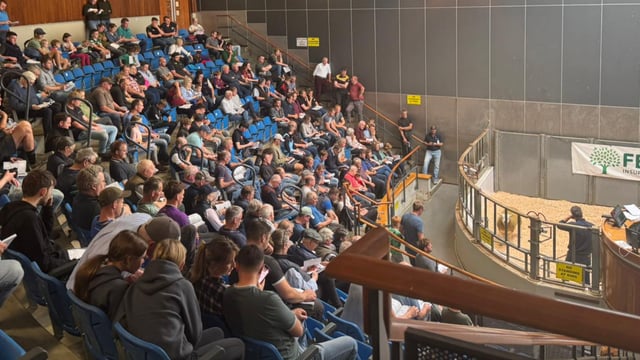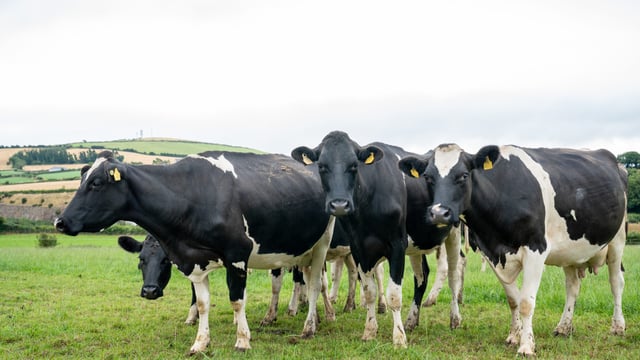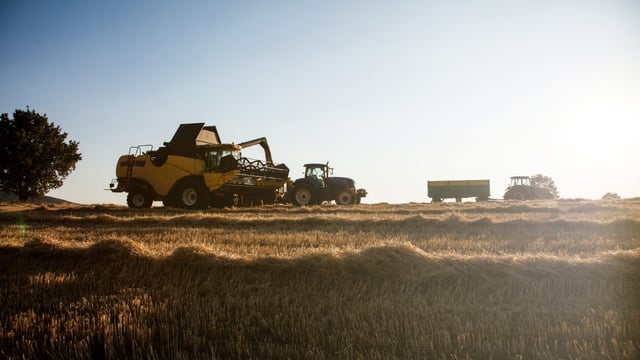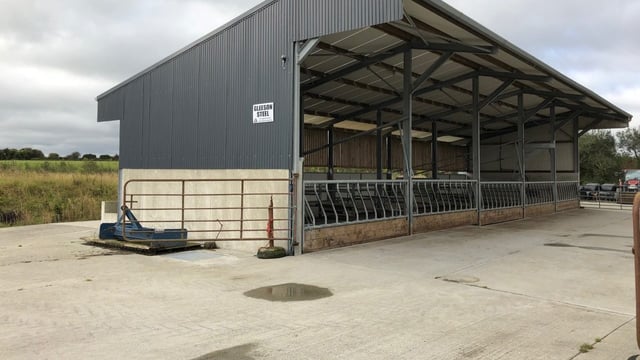US authorities confirm case of new world screwworm in human
Authorities in the US have confirmed a case of new world screwworm (NWS) in a human who is understood to have travelled to Central America.
New world screwworm is a species of parasitic fly, the larvae (maggots) of which eat the living tissue of certain animals.
When the fly larvae burrow into the flesh of a living animal, they cause serious, often deadly damage to the animal. Screwworm can infest livestock, pets, wildlife, occasionally birds, and, in rare cases, humans.
Over the last two years, NWS has spread north through Panama, Costa Rica, Nicaragua, Honduras, Guatemala, El Salvador, Belize, and most recently Mexico.
The spread of the parasite has caused concern among livestock farmers and ranchers in the US, who fear an outbreak in their herds.
According to the World Organisation for Animal Health (WOAH), screwworm poses a serious threat to animals, humans and the environment.
The current outbreak in Central America started in Panama in 2023, and some 20,000 cases have the been reported to the WOAH.
The US Department of Health and Human Services said in a statement to Agriland that the Centers for Disease Control and Prevention (CDC), in co-ordination with health authorities in the state of Maryland, investigated a confirmed case of travel-associated new world screwworm.
The Department of Health and Human Services spokesperson said that the patient had returned from travel to El Salvador.
The case was confirmed by the CDC through an expert review of submitted images of the larvae on August 4, the spokesperson said.
News of the identification of the case has only been reported in media in the US in recent days.
The spokesperson said that this is the first case of travel associated new world screwworm myiasis (parasitic infestation of fly larvae) from an outbreak-affected country identified in the US.
The risk to public health in the US from this introduction is "very low", according to the Department of Health and Human Services.
Back in May, US Secretary of Agriculture Brooke Rollins announced the suspension of live cattle, horse, and bison imports through US ports of entry along its southern border due to "the continued and rapid northward spread" of new world screwworm in Mexico.
The US Department of Agriculture (USDA) said at the time that there has been "unacceptable northward advancement" of screwworm, and additional action must be taken to slow the northern progression of the parasitic fly.
The USDA Animal Plant Health Inspection Service (APHIS), in conjunction with Customs and Border Protection (CBP), is restricting the importation of live animal commodities originating from, or transiting through, Mexico.











